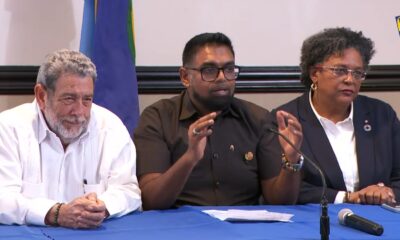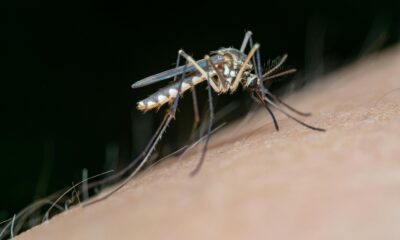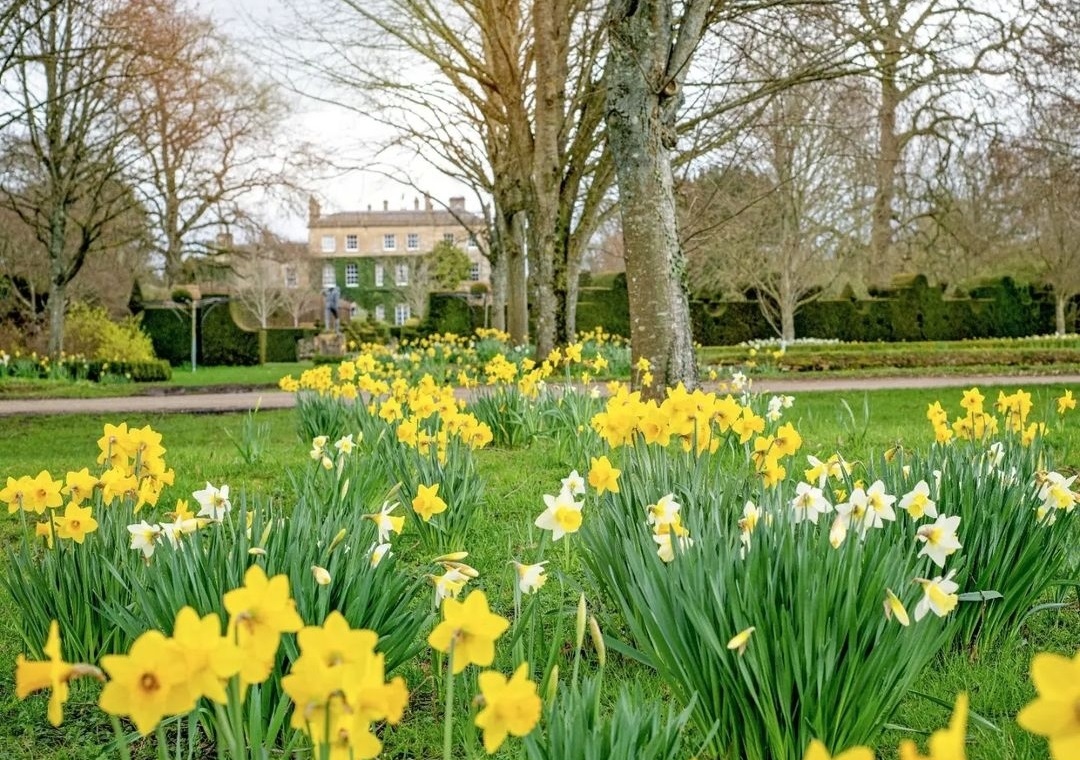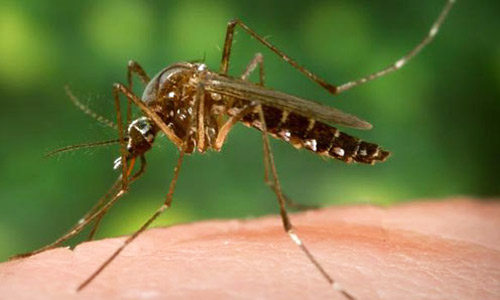world news
Local reporter & volunteers hold drive to fill 100 back packs with supplies for school children in Haiti

world news
Open Call for Entries: PLURAL+ Youth Video Festival [Deadline – 31 May 2024]
News
King Charles Gives Caribbean Artists Opportunity At Dumfries House
Caribbean News
Yellow Fever Outbreak in Region and Beyond, Travellers Warned
-

 Caribbean News1 week ago
Caribbean News1 week agoBarbados welcomes new aircraft
-

 Caribbean News1 week ago
Caribbean News1 week agoHaiti political update and Trinidad and Tobago not sending troops for mission
-

 Health1 week ago
Health1 week agoDengue passes 1000 deaths mark in Brazil
-

 Health1 week ago
Health1 week agoTURKS AND CAICOS ISLANDS PARTICIPATED IN EIGHTH MEETING OF NATIONAL HIV/AIDS PROGRAMME MANAGERS AND PANCAP SHARE FAIR
-

 News16 hours ago
News16 hours agoDR man rented Jet Ski nine days ago in Providenciales; where is he now?
-

 Caribbean News3 days ago
Caribbean News3 days agoCARICOM, UN applauds published decree establishing Haiti’s Transitional Government
-

 Caribbean News5 days ago
Caribbean News5 days agoHaiti Gang Firearms more than Police – UN says where they come from.
-

 Health1 week ago
Health1 week agoChildren and Teens Vaping, Royal TCI Police say “IT IS NOT SAFE!”










